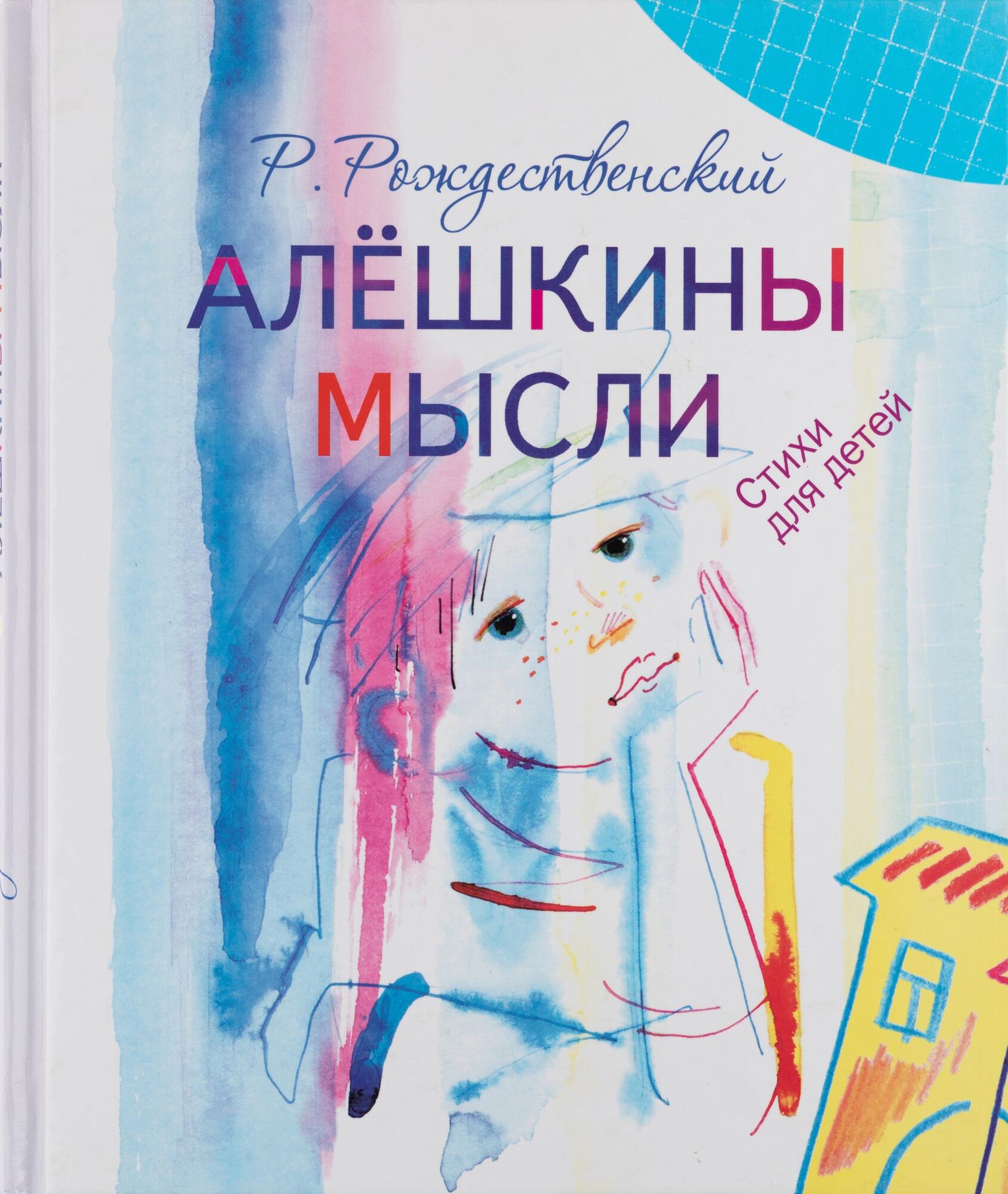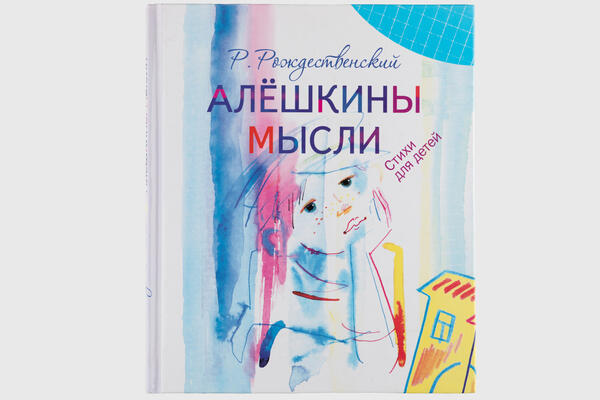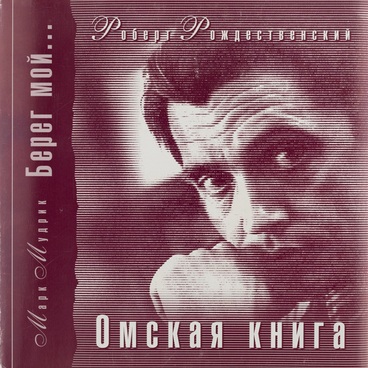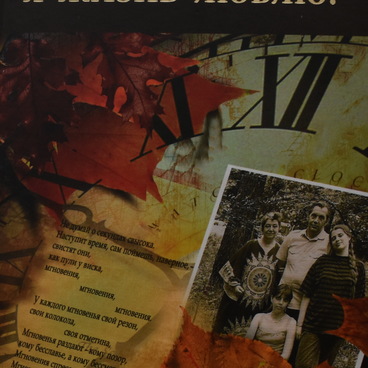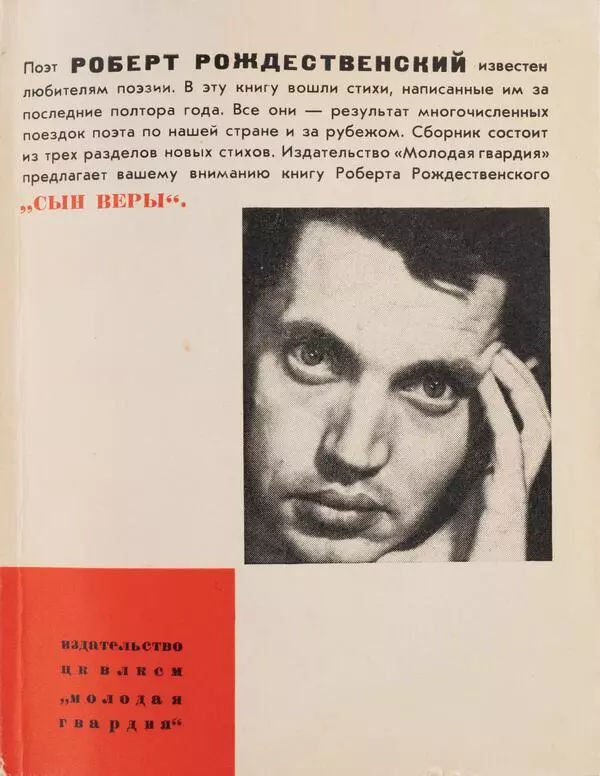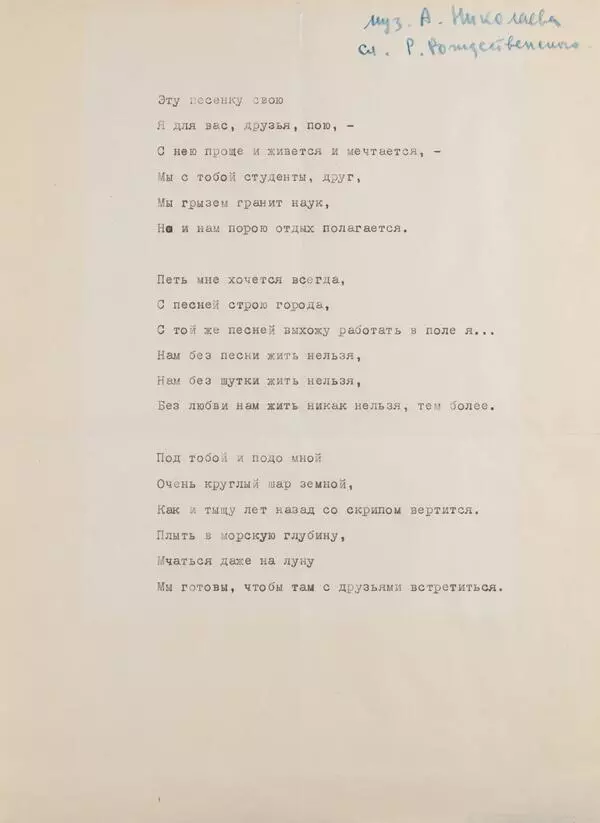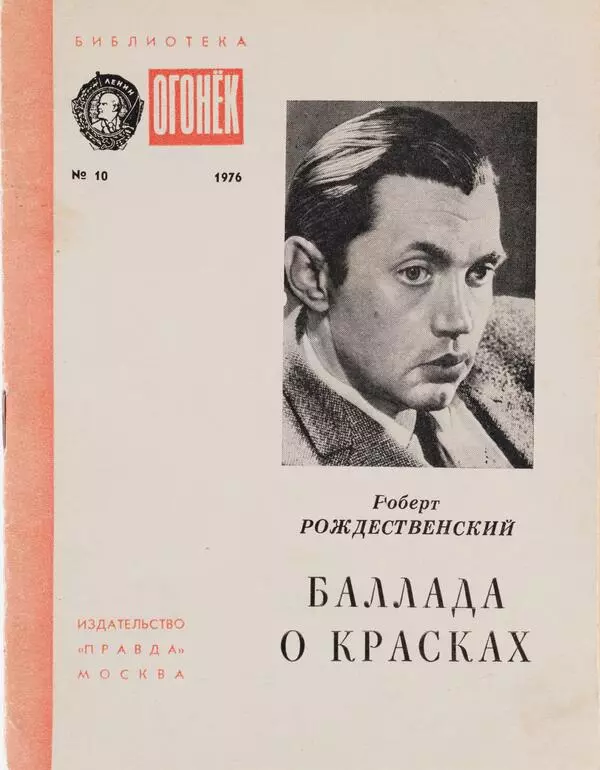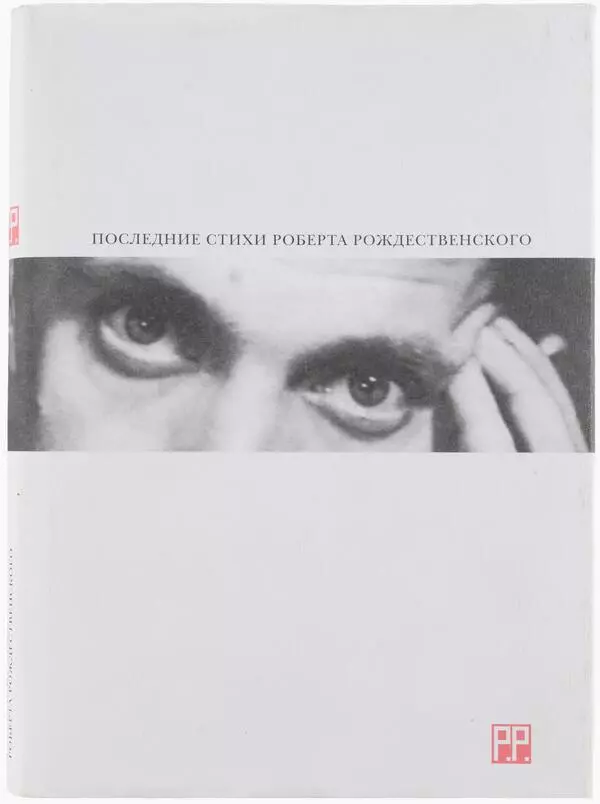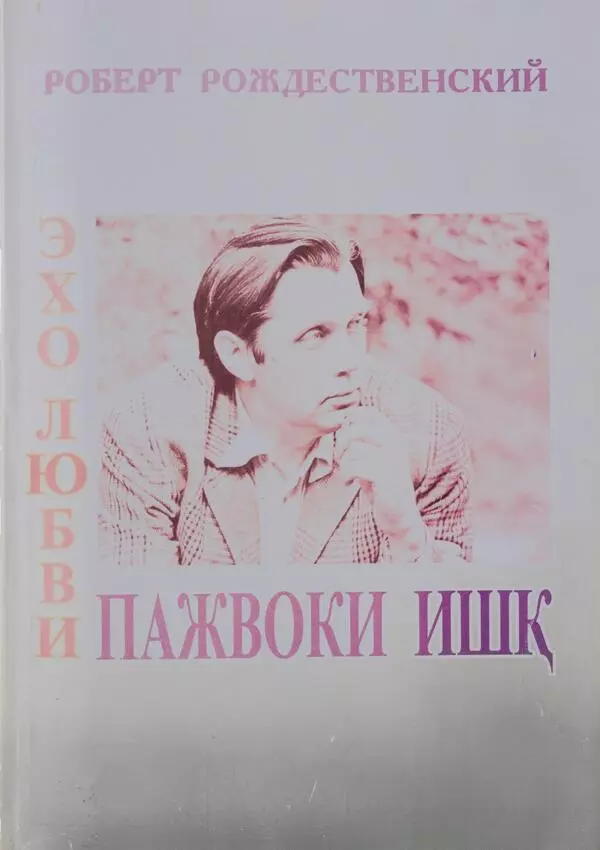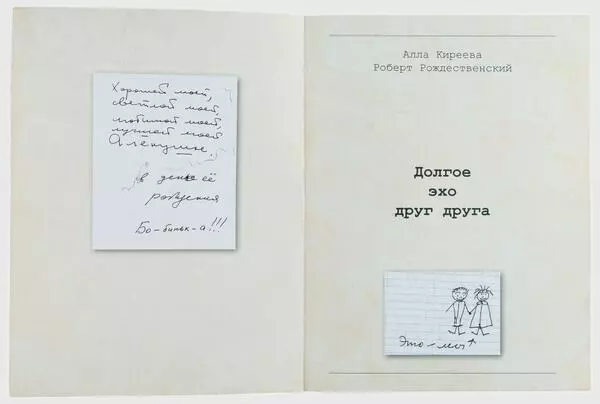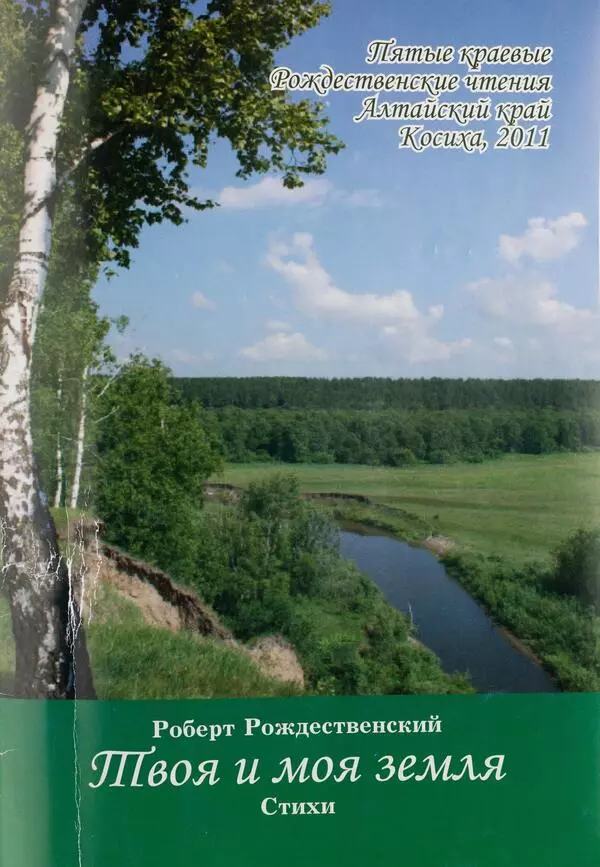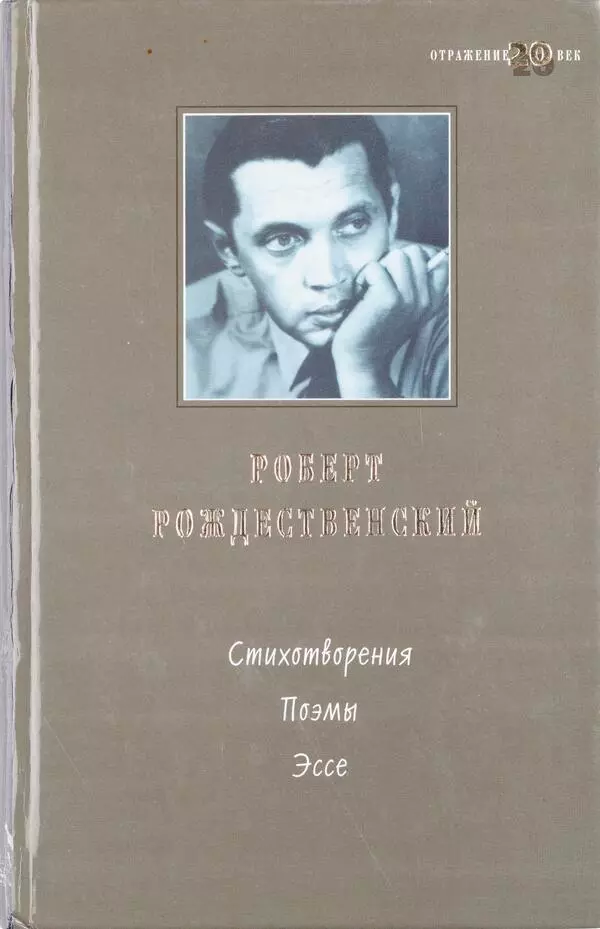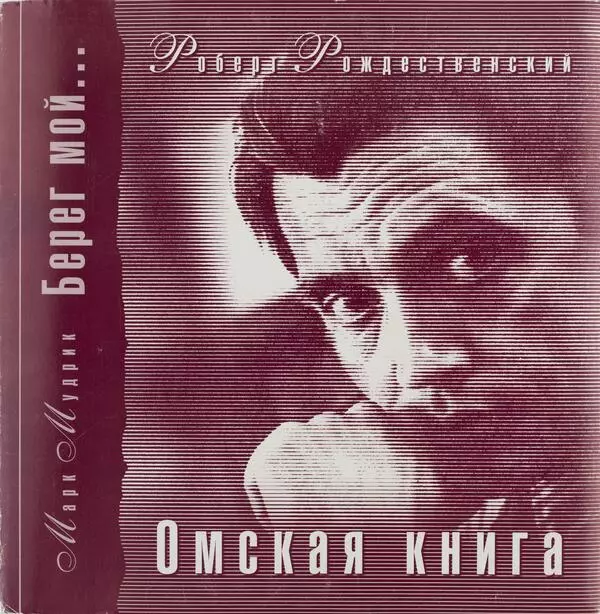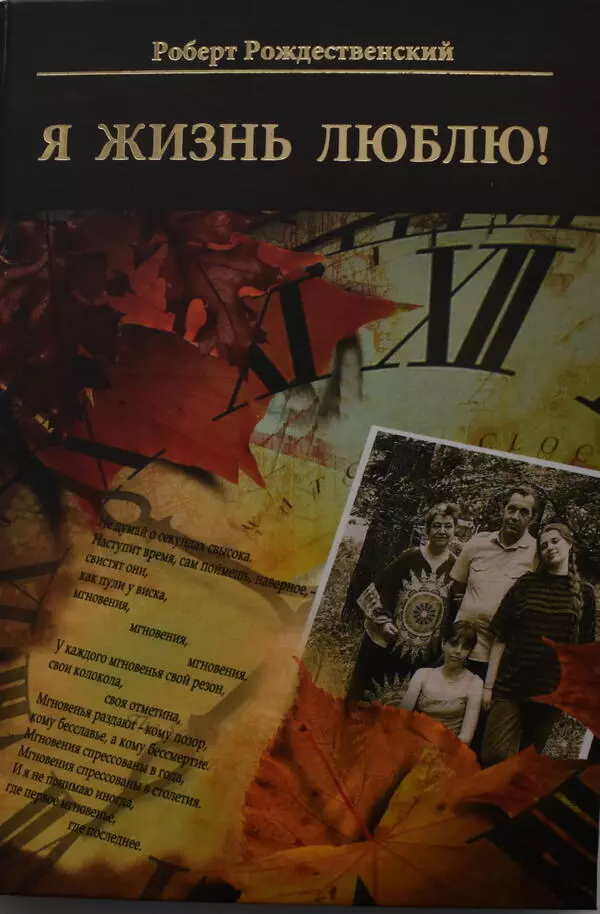The book “Alyoshka”s thoughts” was written in 1986, when the first grandson of Robert Rozhdestvensky was born — a son of Ekaterina Rozhdestvenskaya and Dmitry Biryukov. “My grandson is growing up, his name is Alexey. He recently turned one year and nine months. (As you can see, we are still counting not only the years of his life but also the months). That is why I tried to write poems as if from his point of view, the point of view of a person who is discovering the world” – the poet wrote, explaining his idea, in the preface to the collection.
The boy was named by his grandfather, who always dreamed of having a son and thought that he would name his first child Alyosha, but he had two daughters. The eldest daughter Ekaterina, Alyosha’s mother, recalled that “this name, chosen by my father, was originally meant for me if I had been born a boy”.
The poems that made up the collection belong to the genre of family poems, which were in this case intended for one addressee — the long-awaited grandson. At the same time, Rozhdestvensky’s children’s poetry is as universal and focused on the eternal values as his poems for adults are. Many people would recognize their own children and grandchildren, reading these verses. They are infused with a subtle understanding of a child’s soul and a soft irony. Formally, the book is assembled as a collection of thoughts of a child who does not yet know how the world works, but is keenly interested in everything that is happening:
The boy was named by his grandfather, who always dreamed of having a son and thought that he would name his first child Alyosha, but he had two daughters. The eldest daughter Ekaterina, Alyosha’s mother, recalled that “this name, chosen by my father, was originally meant for me if I had been born a boy”.
The poems that made up the collection belong to the genre of family poems, which were in this case intended for one addressee — the long-awaited grandson. At the same time, Rozhdestvensky’s children’s poetry is as universal and focused on the eternal values as his poems for adults are. Many people would recognize their own children and grandchildren, reading these verses. They are infused with a subtle understanding of a child’s soul and a soft irony. Formally, the book is assembled as a collection of thoughts of a child who does not yet know how the world works, but is keenly interested in everything that is happening:
